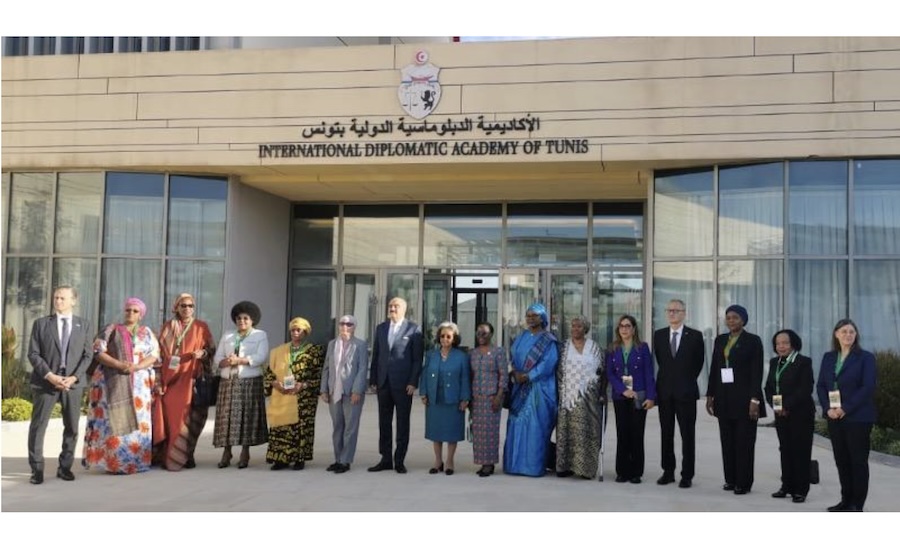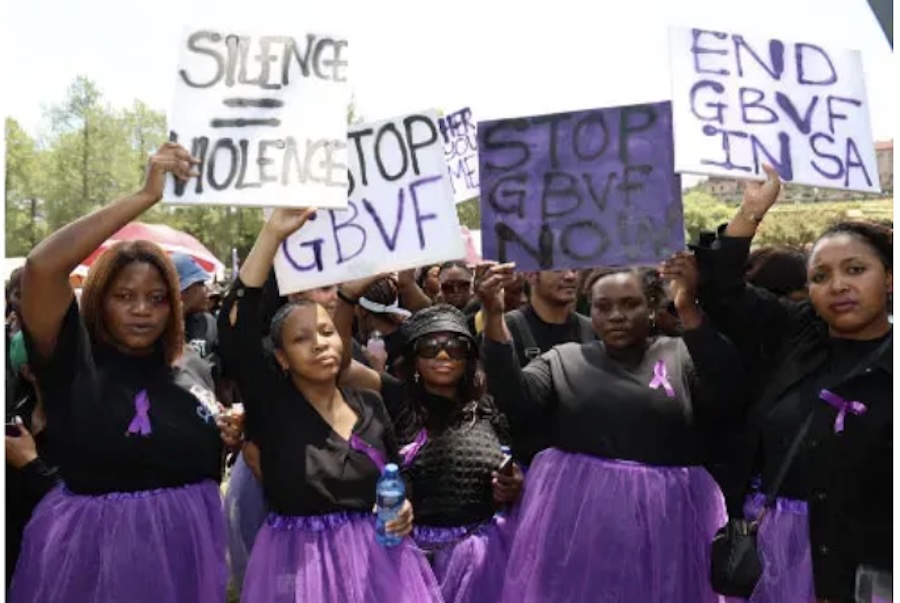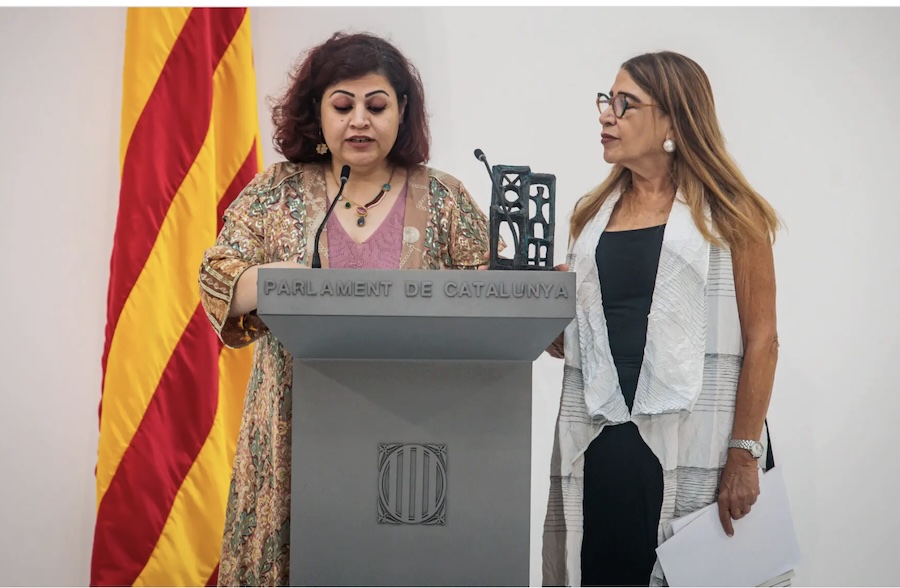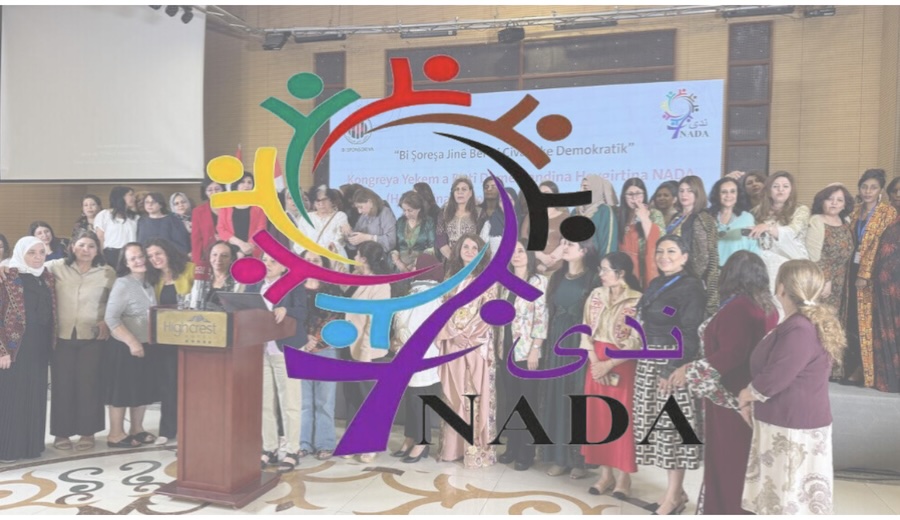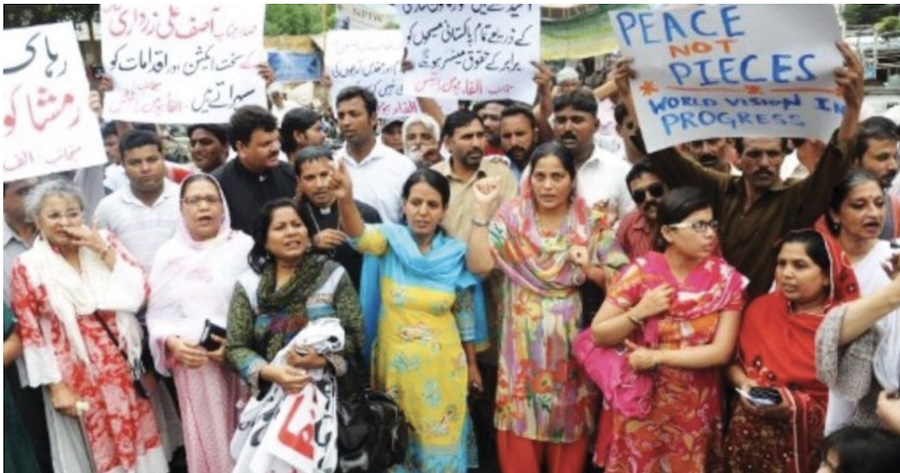. . WOMEN’S EQUALITY . .
An article from UN Women
On 8 March 2026, rally with women and girls around the world to demand equal rights – and equal justice to enforce, exercise, and enjoy those rights.
As we begin the second quarter of the 21st century, no nation has closed the legal gaps between men and women. Right now, in 2026, women have only 64 per cent of the legal rights that men hold worldwide. In fundamental areas of life, including work, money, safety, family, property, mobility, business, and retirement – the law systematically disadvantages women. From harmful social norms to discriminatory laws, women and girls continue to face entrenched obstacles – even pushback – to equal justice. If progress continues at its current pace, it will take 286 years to close legal protection gaps. That is not a timeline, it’s surrender.

Activists, social leaders, organizations, women and men chant slogans against gender violence during the “Vivas nos Queremos” march in Quito, Ecuador. Photo: UN Women/Johis Alarcón
Without justice systems that work for women, rights become a promise that never arrives.
International Women’s Day 2026 (IWD 2026), under the theme, “Rights. Justice. Action. For ALL Women and Girls”, marks a moment to amplify our collective determination. No matter how deeply rooted the sexism or how discouraging the politics, we refuse to step back or abandon our mandate. Instead, we climb together – for the rights and empowerment of all women and girls.
(Click here for the article in French or here in Spanish.)
(Article continued in right column)
Protecting women and girls against violence, Is progress being made?
Does the UN advance equality for women?
(Article continued from left column)
This year, IWD 2026 calls for action to dismantle the structural barriers to equal justice: discriminatory laws, weak legal protections, and harmful practices and social norms that erode the rights of women and girls.
What does equal justice look like? Simply put, your rights are protected and defended, and laws don’t just stay on the books – they get enforced, so that people can experience equal rights and justice. It means legally protected access to education for girls and an end to child marriage. Women’s freedom to choose to work, participate, and lead in society, including in political and justice systems. Strengthened protection and prevention to end gender-based violence in all its forms. Family, labour, and healthcare laws that do not discriminate against women. Justice systems that are free of bias, centred on survivors, and backed by zero tolerance for abuse and impunity. Legal aid that is affordable and accessible. Just to name a few.
This year’s United Nations observance of International Women’s Day will take place on 9 March and focus on equal justice, purposefully aligning with the 70th session of the Commission on the Status of Women (CSW70) (from 9 to 19 March). At CSW70, an intergovernmental forum, representatives of Member States, United Nations entities, and civil society will gather to negotiate conclusions on the theme, “Ensuring and strengthening access to justice for all women and girls, including by promoting inclusive and equitable legal systems, eliminating discriminatory laws, policies, and practices, and addressing structural barriers.”
This International Women’s Day, join UN Women, the United Nations family, civil society, youth, media, businesses, and more, to demand “Rights. Justice. Action. For ALL women and girls.” Share International Women’s Day stories and messages online with the hashtag #ForAllWomenAndGirls and follow UN Women for more information on forthcoming events.
– – – – – –
If you wish to make a comment on this article, you may write to coordinator@cpnn-world.org with the title “Comment on (name of article)” and we will put your comment on line. Because of the flood of spam, we have discontinued the direct application of comments.
